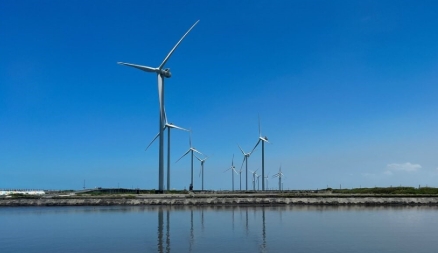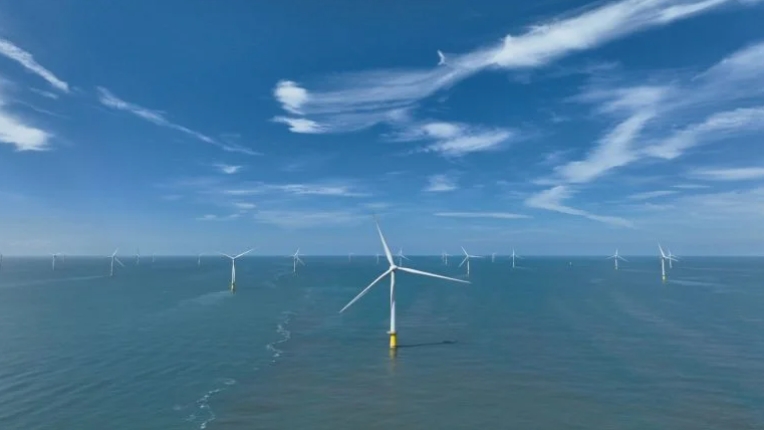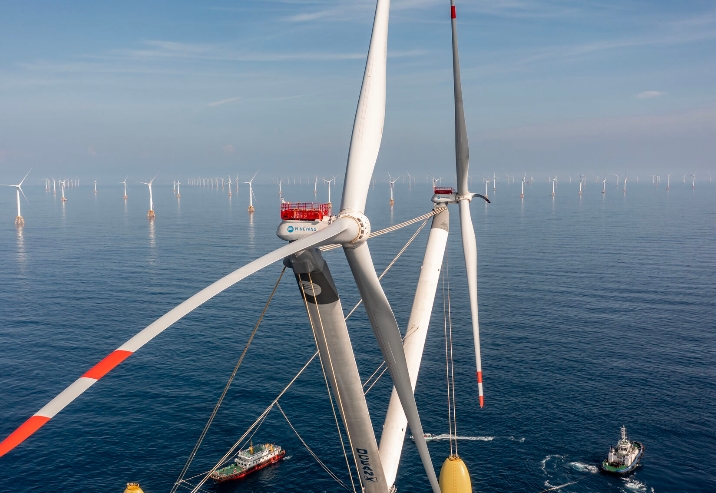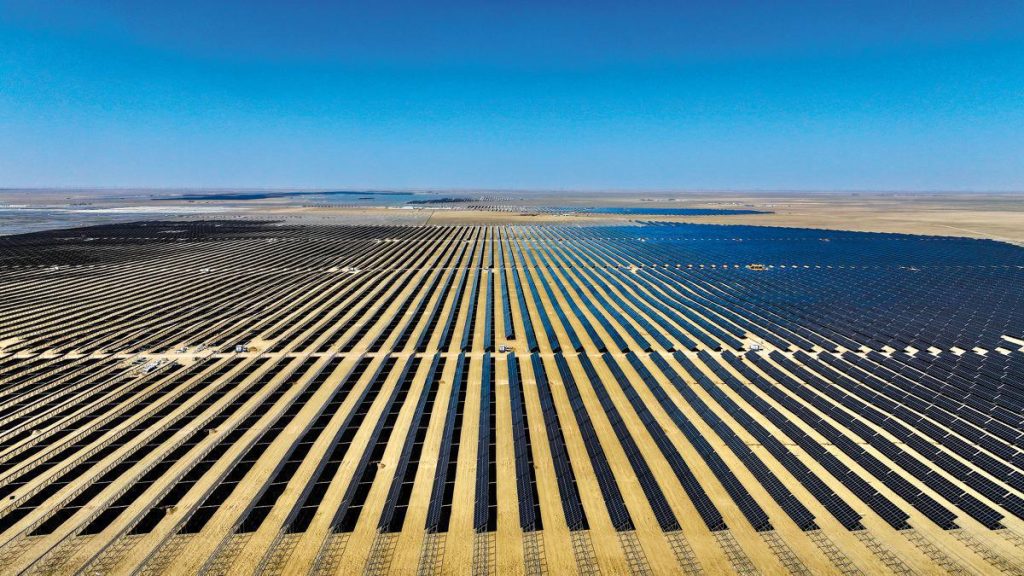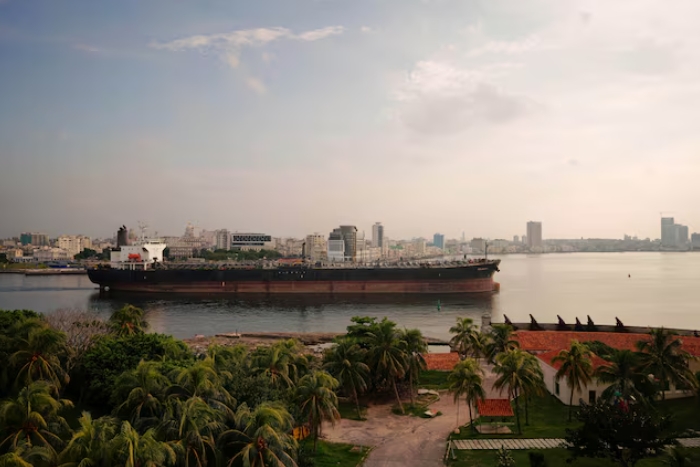
Cuba desperately needs the fuel. Blackouts that were occasional on the communist-run island have become routine in recent months as the country struggles to get crude and fuel from its largest suppliers, and logistical issues complicate domestic fuel distribution to its antiquated power plants.
Mexico's state company Pemex (PEMX.UL) since last year has emerged as a new provider, the oil firm told the U.S. Securities and Exchange Commission earlier this month, complementing Venezuela's supply and sending light crude through a wholly owned subsidiary on board Cuba's tanker fleet.
Cuba-flagged tanker Vilma this week arrived in Mexico's Pajaritos anchorage and is waiting to load at that port, vessel tracking data from financial firm LSEG showed. The latest oil shipment from Mexico to Cuba was in February.
Since it began regular oil exports last year, Mexico through February sent an average of 21,000 barrels per day (bpd) of crude and liquefied petroleum gas (LPG) to Cuba, according to the data.
The shipments in the second half of last year were valued by Pemex at some $400 million. Mexican President Andres Manuel Lopez Obrador has said that his government would support Cuba however it can, and that the nation suffers from an inhumane and unjust blockade by the United States.
On its side, Venezuela's oil supply to Cuba fell to some 24,500 bpd in the first four months this year, compared to almost 50,000 bpd in the same period of 2023.
Cuban officials have recently said that power outages are on the rise due to ongoing fuel shortages, equipment malfunctions at its obsolete oil-fired plants and problems transporting fuel to high-demand areas.
The nation's power grid on Wednesday was running a deficit equal to one-third of total demand, according to official data. Long lines have become the norm again at gas stations.
The blackouts have recently plagued even the capital Havana, long shielded from the worst of the outages, raising tensions in the country's economic and population center.
Cuba requires about 125,000 bpd of fuels, including motor gasoline, diesel and fuel oil for power generation, according to the Office of Statistical Information. That volume compares to a domestic oil output of about 40,000 bpd, which creates a constant need for imports.
The government says U.S. sanctions have combined with an increasingly acute economic crisis to bring the fuel shortfall to a head.
